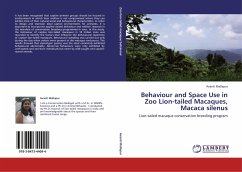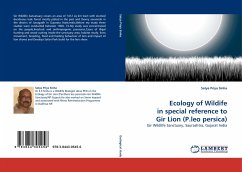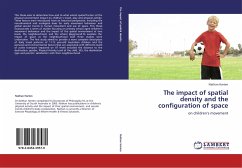It has been recognised that captive primate groups should be housed in environments in which their welfare is not compromised where they can exhibit most of their natural social and behavioural characteristics. In order to design and maintain ideal captive environments for primates, it is important to incorporate applied animal behaviour and welfare research in the mandate of conservation breeding programmes in zoos. In this study, the behaviour of captive lion-tailed macaques in 18 Indian zoos was recorded to identify the factors that influence the behavioural repertoire of captive lion-tailed macaques. Behavioural sampling was carried out only during the day when visitors were present at the macaque enclosures. The results showed that stereotypic pacing was the most commonly exhibited behavioural abnormality. Abnormal behaviours were only exhibited by confiscated and zoo-born individuals but never by wild-caught and captive-reared animals.
Bitte wählen Sie Ihr Anliegen aus.
Rechnungen
Retourenschein anfordern
Bestellstatus
Storno








